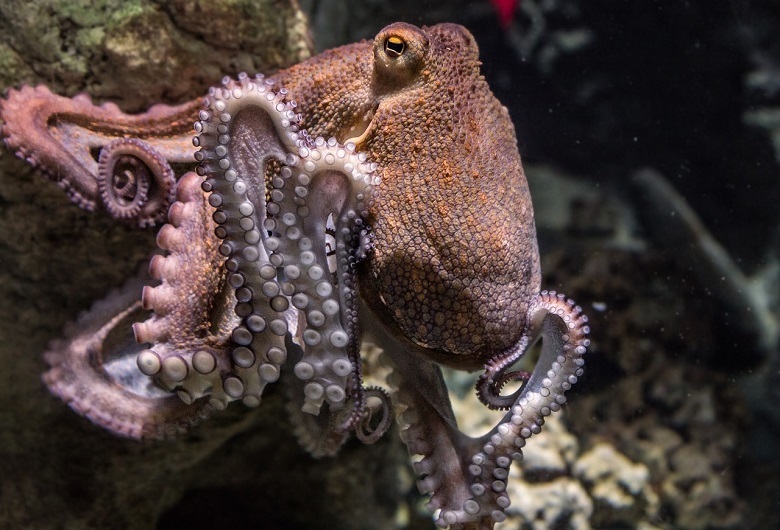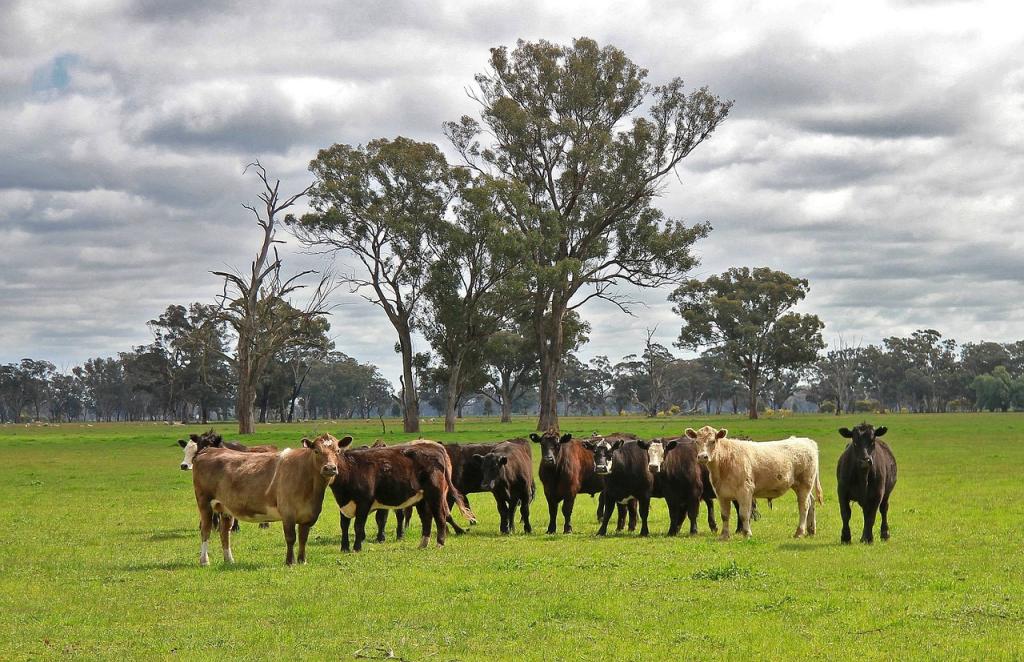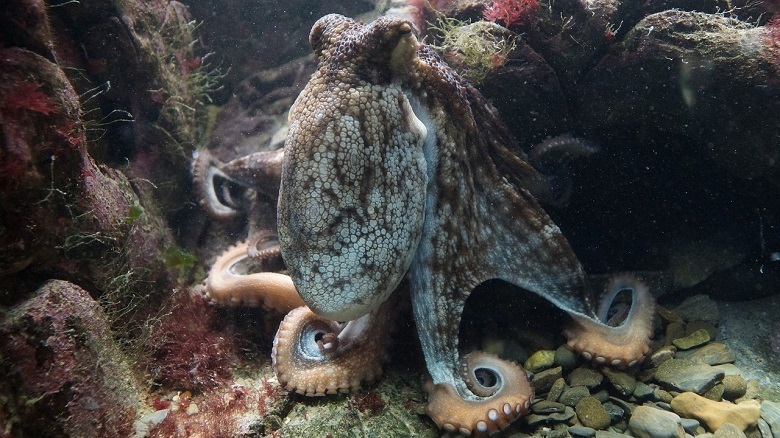
Does God tell us what we are allowed to eat and not eat? Do our religious beliefs inform our food choices or do we rely solely on cultural norms?
Western religious traditions provide some guidance as to which kinds of meat are deemed edible, but that guidance is incomplete.
In the Hebrew Bible, many kinds of animals are deemed unclean and therefore unfit for human consumption. The camel, the rabbit, the hyrax, the pig, marine animals lacking fins and scales, many kinds of insects, birds and reptiles were deemed unclean by the priests and by their report, YHWH himself.
The Quran likewise forbids the consumption of certain meats:
The teachings of Yeshua, in the Christian tradition, as far as we know from the sources we have been told by the church are authentic, do not contain any guidance as to which meats are suitable and which are not.
It is notable, however, that the Roman Catholic Church and several Orthodox denominations have dietary restrictions specifically related to worship. These restrictions have historically changed with the whims of Popes and Patriarchs.
Unless we are observant Jews or Muslims, or we are bound by worship-related restrictions, our Western religious tradition does not assist us in determining which kinds of meat are acceptable. This places before us the frightening prospect of having to use our own consciences to make this determination.

We, of course, rely on our culture(s) to help us make these choices. For example, in Western culture, we have domesticated cats and dogs, making them into pets and companions. We do not eat their flesh. We do eat cows and pigs, sheep and goats. In the U.S., we have developed a special relationship with horses. Unlike some European countries, we do not consume horse meat.
We hunt and eat the meat of deer, elk, pronghorn antelope, bison, and caribou. Typically, we do not eat rodents. There are exceptions. We do not eat bats, bears or large predators. Among birds, we do not eat raptors or corvids.
We do not eat primates.
Typically, we do not eat insects, worms or grubs. We selectively eat reptiles and amphibians.
We eat fish, shellfish and many, many kinds of marine animals. But we do not eat dolphins and porpoises.
Why do we not eat dolphins and porpoises?
While we, in the West, do not eat the meat of dolphins and porpoises, some other cultures do. ( https://tinyurl.com/3vm5vbkn)
Why do we not include these animals among the marine creatures that we eat? I believe that this cultural taboo exists because these animals have been observed and documented to possess greater intelligence than most other marine animals. This alone seems to be what informs this taboo.
Are there other highly intelligent sea creatures besides dolphins and porpoises?

The class of cephalopods includes squid, cuttlefish, nautiloids and octopuses. Among these, the octopus has been observed as having far greater intelligence, as far as we can tell, than other members of the class or of other sea creatures except the mammals mentioned above.
Octopuses have a higher brain-to-body mass of any invertebrate. Their nervous systems are de-centralized. Most of their neurons are located in their tentacles which operate independently meaning that the animal is capable of extremely complex actions.
These actions have been observed in natural and laboratory settings. Octopuses have surprised scientists with their skills which go beyond their ability to change their color, texture and shape. Octopuses have been observed solving complex problems in the wild and in the laboratory. For this reason, I believe that we should give octopuses the same respect that we reserve for primates and dolphins.
What can we conclude?
We have seen that Jewish dietary laws and Muslim dietary laws are still followed by observant people within these traditions. Jews may not eat octopus meat. Muslims may.
We have seen that Catholic and Orthodox denominations have observed dietary restrictions related to worship and that these can change over time. There is no general ban on octopus flesh.
This leaves the rest of Western culture, the Protestants, the agnostics, the atheists and the followers of other faiths without divine guidance. We are left to our consciences.
What does your conscience tell you?
- My own conscience’s choice is both clear and lucid.
- We do not eat primates because they are highly intelligent.
- We do not eat dolphins and porpoises because they are highly intelligent.
- For this same reason, I believe it is unethical and immoral to kill and eat octopuses.
- Some people will agree. Some will disagree. Some will recoil in horror because they are convinced that octopuses are not of this world at all…
(stay tuned for the series What Came Before Genesis!)














